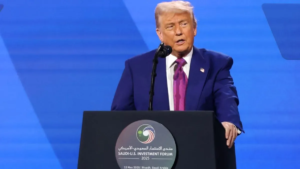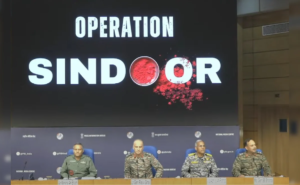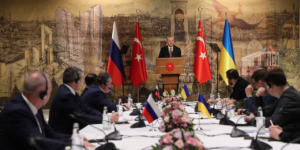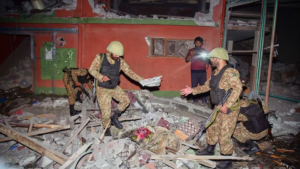ICC Issues Arrest Warrants: A Turning Point in the Israel-Palestine Conflict
The International Criminal Court (ICC) has recently issued arrest warrants for Israeli Prime Minister Benjamin Netanyahu, former Defense Minister Yoav Gallant, and Hamas leader Mohammed Deif. These warrants are related to alleged war crimes and crimes against humanity committed during the recent conflict in Gaza. This development marks a significant moment in the ongoing Israel-Palestine conflict, highlighting the international community’s efforts to hold individuals accountable for actions that violate international law.

Background of the Conflict
The Israel-Palestine conflict is a long-standing and deeply rooted issue, characterized by recurring violence, political strife, and humanitarian crises. The conflict has its origins in the early 20th century, with tensions escalating significantly after the establishment of the state of Israel in 1948. Over the decades, numerous wars, uprisings, and peace efforts have taken place, but a lasting resolution has remained elusive.
Recent Escalation
The latest escalation began in October 2023, when Hamas-led militants launched a large-scale attack on southern Israel, resulting in the deaths of around 1,200 people and the taking of over 250 hostages. In response, Israel launched a military campaign in Gaza, leading to widespread destruction and a severe humanitarian crisis. The conflict has resulted in the deaths of over 44,000 Palestinians and significant damage to Gaza’s infrastructure.
ICC’s Accusations
The ICC’s arrest warrants for Netanyahu, Gallant, and Deif are based on allegations of war crimes and crimes against humanity. According to the ICC, there are reasonable grounds to believe that Netanyahu and Gallant intentionally deprived the civilian population in Gaza of essential resources, including food, water, and medical supplies. These actions are considered to constitute war crimes and crimes against humanity. The court also accused Mohammed Deif of crimes including murder, torture, and other forms of sexual violence.
Implications of the Arrest Warrants
The issuance of these arrest warrants has significant implications for the Israel-Palestine conflict. Firstly, it underscores the international community’s commitment to holding individuals accountable for violations of international law, regardless of their political status. This move is likely to increase pressure on both Israeli and Palestinian leaders to adhere to international humanitarian standards.
Secondly, the arrest warrants may complicate diplomatic efforts to resolve the conflict. Israel has rejected the ICC’s jurisdiction and condemned the court’s actions as politically motivated. The United States, a key ally of Israel, has also criticized the ICC’s decision. These reactions highlight the challenges the ICC faces in enforcing its decisions, particularly when dealing with non-member states.
The Path Forward
The ICC’s decision to issue arrest warrants for high-profile figures in the Israel-Palestine conflict is a bold step towards accountability and justice. However, the path forward remains fraught with challenges. Ensuring compliance with international law and achieving a lasting resolution to the conflict will require sustained diplomatic efforts, international cooperation, and a commitment to addressing the underlying causes of the conflict.
In conclusion, the ICC’s arrest warrants for Netanyahu, Gallant, and Deif represent a significant development in the Israel-Palestine conflict. While the move underscores the importance of accountability and justice, it also highlights the complexities and challenges involved in resolving one of the world’s most enduring conflicts. The international community must continue to work towards a peaceful and just resolution that respects the rights and dignity of all individuals involved.














